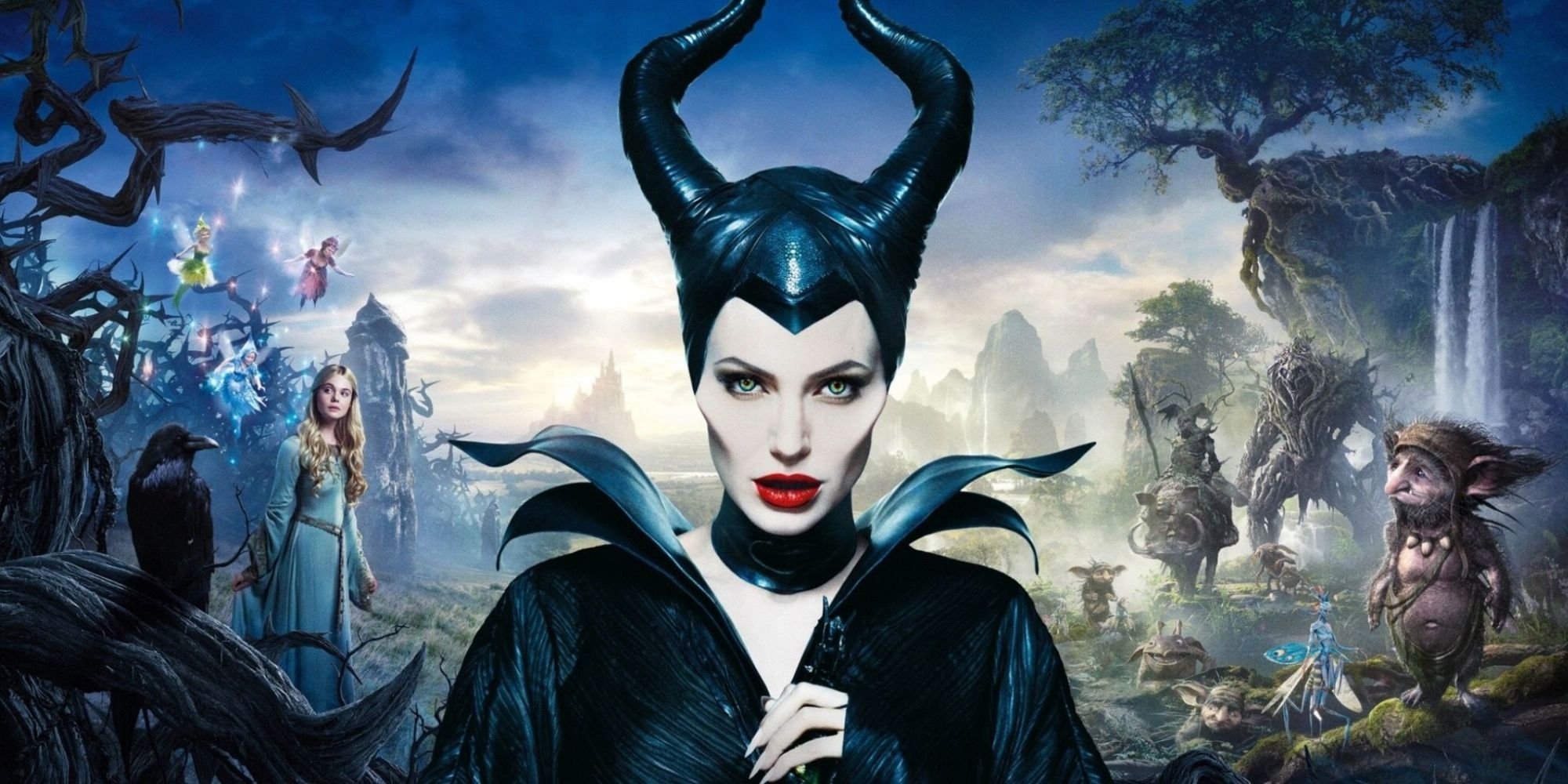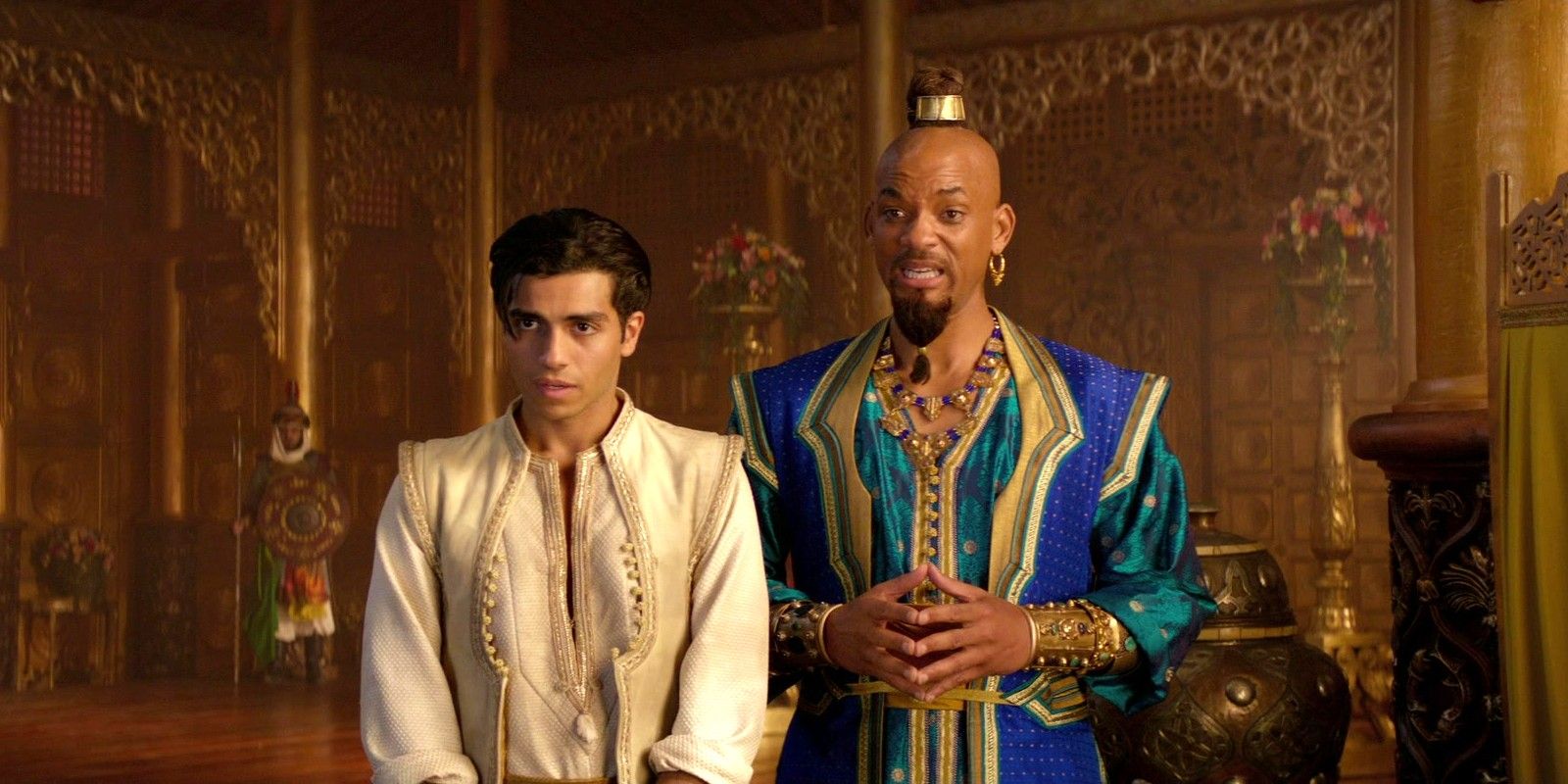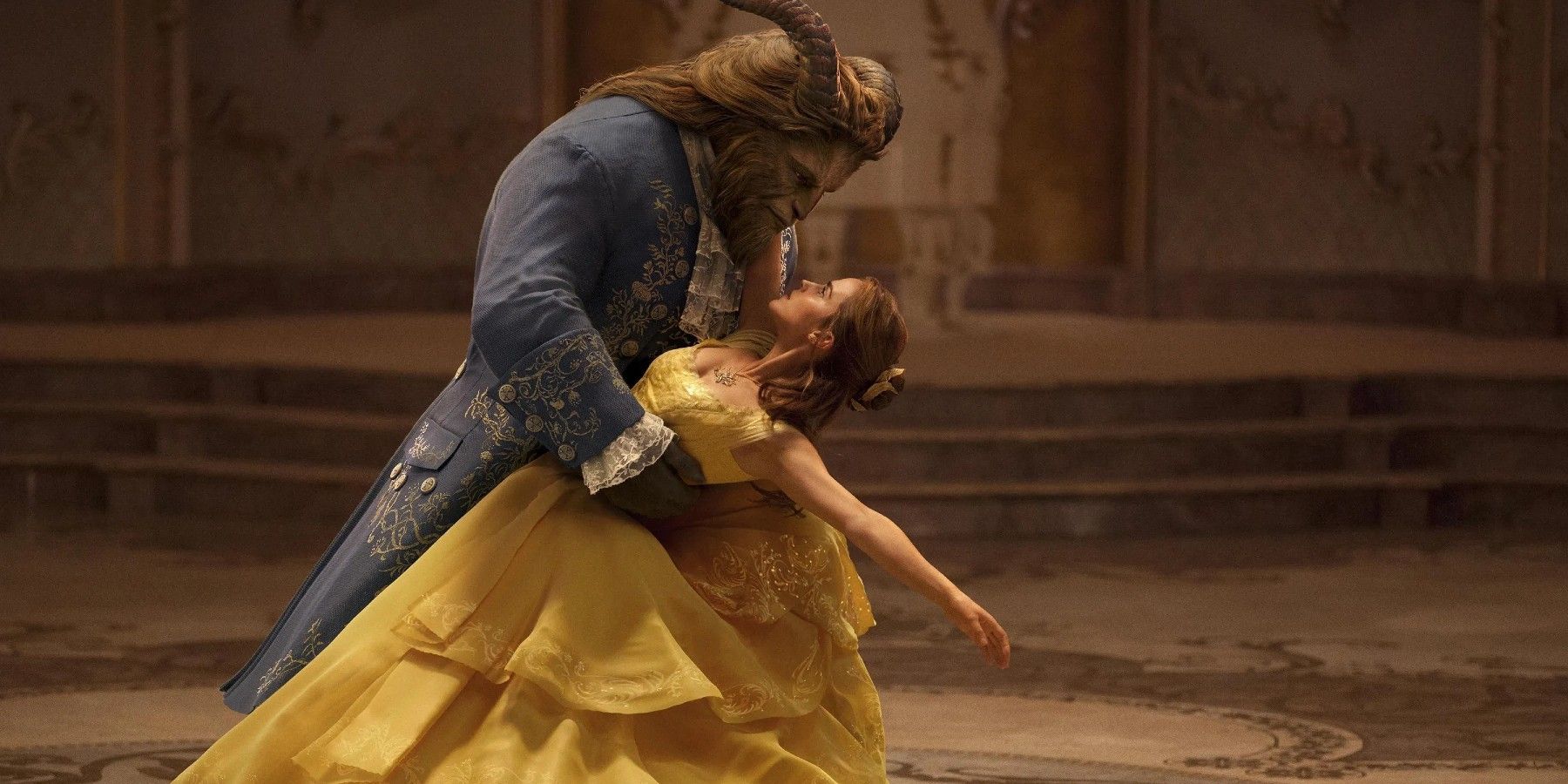[ad_1]
Disney’s The Little Mermaid (2023) is part of a long line of live-action remakes produced by the studio, so it can be hoped that the film will have learned from its predecessors’ mistakes. Despite a lot of criticism, these newly adapted classics have performed well enough that the House of Mouse has deemed it lucrative to continue making them. The Little Mermaid is next, and it’s assumed it won’t be the last. In a perfect world, mistakes will become fewer with each film.
As a common favorite story among Disney fans, the live-action The Little Mermaid is under a lot of pressure to please. Past remakes have varied in how they met (or failed to meet) expectations, and none have been 100 percent perfect. Some have altered characters beyond recognition, while others lost a certain razzle-dazzle when translated to a more realistic stage. Regardless of their overall performance, mistakes were made. Now, it can be hoped that The Little Mermaid can learn from those that came before and deliver something that sets the bar a little higher for the next one.
5 Disney’s Villains Are Often Redeemed
Despite being the bad guy in Sleeping Beauty (1959), Maleficent has become a timeless favorite. She had that wicked quality that often makes for a truly delicious villain and established an archetype that Disney has duplicated time and time again. Therefore, it was no surprise when she received her own original story in Maleficent (2014). This live-action adaptation was a unique breed from those that duplicated the same story. This time, the tale was told from the villain’s perspective, and she was revealed to be far less evil than she seemed.
This wasn’t a mistake for Maleficent itself, but the character’s redemption started a trend that has begun to get away from Disney. Instead of purely evil characters, more recent films and adaptations have featured sympathetic bad guys and worked to redeem those who had previously been detestable. In the case of The Little Mermaid, this would be a disaster. The best thing about Ursula is that she liked to pretend that she was reformed when really she was as evil as they come. If the live-action remake made her redeemable for real, it would annihilate the point.
4 Live-Action Reduces The World’s Expansiveness
The great thing about animation is that there are virtually no limits to imagination. If it can be drawn, it can be animated, and the talented crew at Disney have gotten very good at making their art seem magically real. On the other hand, live-action remakes are a little more confined to the realms of reality. There is a delightful challenge involved in figuring out how to make scenes work that would have been impossible 30 years ago – but the result can sometimes feel significantly smaller than the traditionally animated alternative.
This was the case for the remake of Aladdin compared to the original. The animated version made the desert feel expansive and magical, while the 2019 movie made Agrabah seem much smaller. It was beautiful – no doubt – but something was lost by making it look realistic. This is especially seen in the “A Whole New World” scene, where the couple didn’t travel quite so far. The Little Mermaid has a similar premise to Aladdin in that the central character leaves home to experience a bigger world, so it must be careful how it presents the ocean and world above.
3 Straying Too Far From The Original Animated Movie
Some Disney remakes (like The Lion King) have been criticized for aligning too much with the original animated version. However, this is far better than the alternative. Mulan (2020) rethought the 1998 version entirely, which meant a nearly unrecognizable movie and story. A new villain was added, Mulan was given powers, and certain talking dragons were wholly eliminated. This new plot and style might have been great for a brand-new film. But, when audiences started watching Mulan and expected a live-action version of the animated classic, they were disappointed.
The Little Mermaid likely has an even more dedicated following than Mulan, which means that too much alteration to her story would be devastating. This is especially true considering Disney’s version already took creative liberties with the original Hans Christian Anderson fairytale – which made for some minor criticism when it was released in 1998. Now, all these years later, many audiences don’t even remember that there ever was another version of Ariel’s story. A few changes are okay and could even be necessary, but it should be nothing near the level seen in Mulan.
2 Losing What Made The Original Animated Movies Special
Disney movies are meant to be magical – and there is no film that should represent this more than Cinderella. The story of a beautiful but mistreated girl with no one to talk to but her whimsically clothed pets is an absolute staple of the fairytale genre. However, despite this being the House of Mouse’s bread and butter, the 2020 Cinderella remake did away with almost everything that made it special. The animals don’t wear clothes, and they certainly don’t talk. To make matters worse, all the iconic songs were removed – so the remake became just another Cinderella adaptation (which there were already plenty of).
Thankfully, Disney has been quick to show audiences that The Little Mermaid will contain many of their favorite moments. The movie’s trailer has featured several of the 1998 original songs, and moments like Ariel’s climactic wave-over-a-rock scene are put at center stage. However, that doesn’t mean the remake will have the same flavor as the original animated version. A good deal of whimsy could be removed by the decision to make characters like Flounder and Sebastian look too realistic – only time will tell.
1 Heavily Edited Music & Singing
Beauty and the Beast is another Disney classic that was under a lot of pressure to please. Ultimately, it performed well enough at the box office, and the reviews tipped positively. The story’s foundation was there, and several iconic moments from the 1991 animated film were at the front and center. Unfortunately, when it came to the songs, the 2017 remake tried too hard to make the vocals perfect. Actors like Josh Gad and Luke Evans, who have a strong background in musical theater, sounded fine, but Emma Watson’s voice was heavily autotuned to a distracting degree.
As the lead, Watson’s voice was under heavy scrutiny, especially given her lack of professional singing experience. She likely could have risen to the challenge, but it’s hard to tell since Disney digitally altered her voice so that it sounded nothing like her. In The Little Mermaid, Ariel’s singing voice is pivotal to the plot. Therefore, the remake won’t get away with autotuning the actress’ voice. Thankfully, Halle Bailey has already proven that she has a voice to rival even the original The Little Mermaid actress, Jodi Benson – so this is hopefully a sign that Disney has learned from its mistakes.
[ad_2]
Source link





